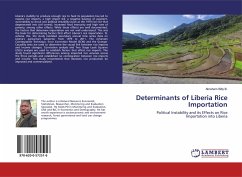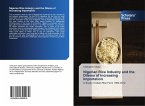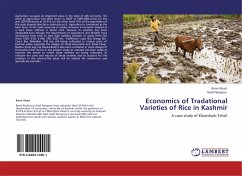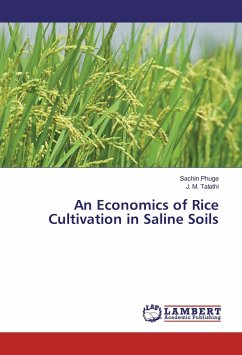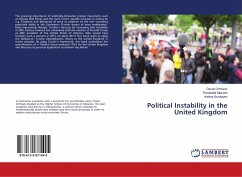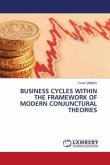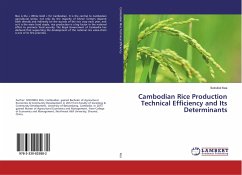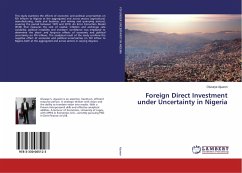Liberia's inability to produce enough rice to feed its population has led to massive rice imports, a high import bill, a negative balance of payment, vulnerability to shock and political instability (such as the 1979 rice riot that degenerated into civil unrest), increased food insecurity and high rate of poverty, among other effects. While these effects are well documented, the factors that determine importation are not well understood. This sets the basis for determining factors that affect Liberia's rice importation. To achieve this, the study modeled secondary annual time series data on Liberia's agriculture subsector from 1979 to 2011. The Johansen Cointegration Technique, Error Correction Model (ECM) and the Granger Causality tests are used to determine the causal link between rice imports and income changes. Correlation analysis and Two Stage Least Squares (2SLS) analysis are used to establish factors that affect rice imports. The study found significant differences among imported rice volumes across the three periods and established no cointegration between rice imports and income. This study recommends that domestic rice production be improved and commercialized.
Bitte wählen Sie Ihr Anliegen aus.
Rechnungen
Retourenschein anfordern
Bestellstatus
Storno

